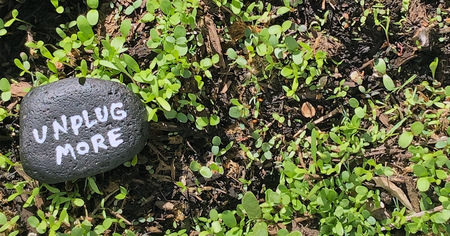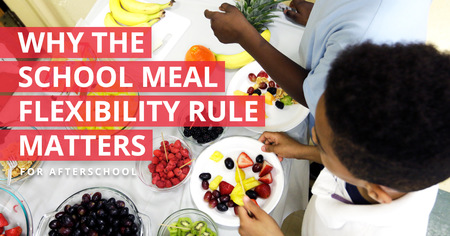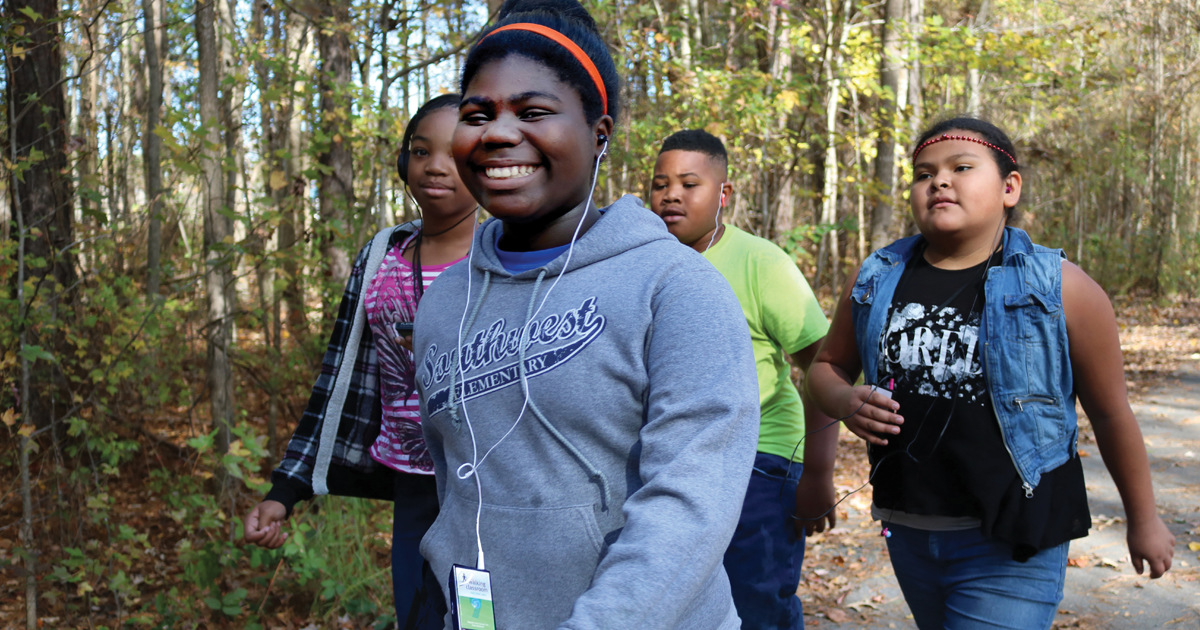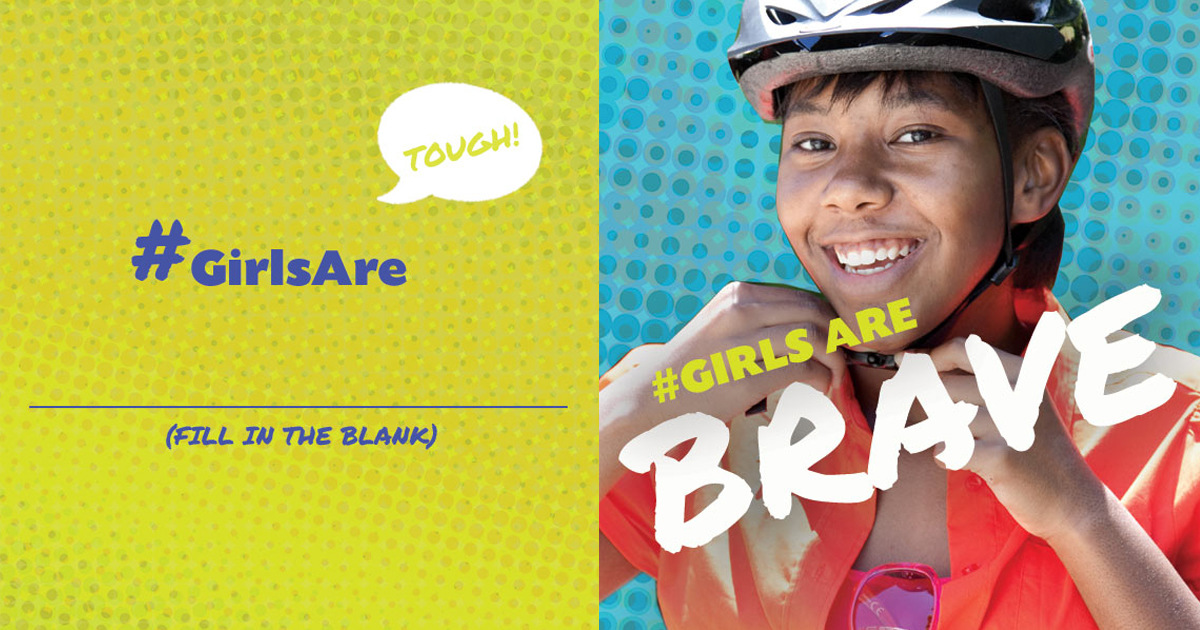Displaying items by tag: Alliance for a Healthier Generation
Resources to Engage Families Through Wellness and Nature
Families and afterschool programs provide essential protective factors for children experiencing adversity. As communities are facing physical distancing challenges, it's a key time to share resources and ideas to engage and support families through wellness and nature.
Stretch Yourself to Learn Something New
It's never too early to think about attending NAA19! Michelle Owens, National Wellness Policies, Staff Wellness & Out-of-School Time Physical Activity Advisor for Alliance for a Healthier Generation, sat down with NAA to offer her perspective on why NAA19 is the place to be in March 2019.
The Healthier Generation Store with Amazon Business
Quality out-of-school is healthy out-of-school—and the NAA HEPA Standards are a critical tool in making healthier programming a reality for young people everywhere.
Advancing Student Wellness Through Out-of-School Time, School and Community Collaboration
What happens when a student eats fresh fruit in their school cafeteria—and then learns about the importance of consuming produce through nutrition education in their afterschool program?
4 NAA18 Workshops to be Excited About
Workshops—the heart of the NAA Annual Convention—offer over 11.5 hours of professional development. Here are some of the workshops we're most excited to bring you in Atlanta!
4 NAA18 Workshops to be Excited About
Workshops—the heart of the NAA Annual Convention—offer over 11.5 hours of professional development. Here are some of the workshops we're most excited to bring you in Atlanta!
Why the School Meal Flexibility Rule Matters for Afterschool
The U.S. Department of Agriculture (USDA) recently published a new School Meal Flexibility Rule that will weaken nutrition standards aimed at reducing sodium and increasing whole grains for meals provided under the USDA's National School Lunch and School Breakfast Programs.
Become a Certified Healthy Out-of-School Time Trainer
Are you are interested in becoming a Certified Healthy Out-of-School Time Trainer? Do you live in Arkansas, Colorado, Kentucky, North Carolina, Nevada, Maryland, Oklahoma, South Carolina, Tennessee,Texas, Utah or Virginia? Complete the online application by Friday, September 29, 2017.
STEM and Wellness: A Powerful Equation for Ensuring Equity
Imagine the potential of empowering the 10.2 million children in afterschool programs with science, technology, engineering and math (STEM) skills, while providing them with opportunities to eat healthy and stay active.
#GirlsAre Athletes
Today, girls in the United States are far less likely than boys to achieve the recommended amounts of physical activity—by age 14, girls are dropping out of sports at two times the rate of boys. Research shows, however, that girls and women who play sports have higher levels of confidence and self-esteem, lower levels of depression, a more positive body image, and overall higher states of psychological well-being.
National AfterSchool Association • 2961A Hunter Mill Road, #626 • Oakton, VA 22124 • info@naaweb.org










